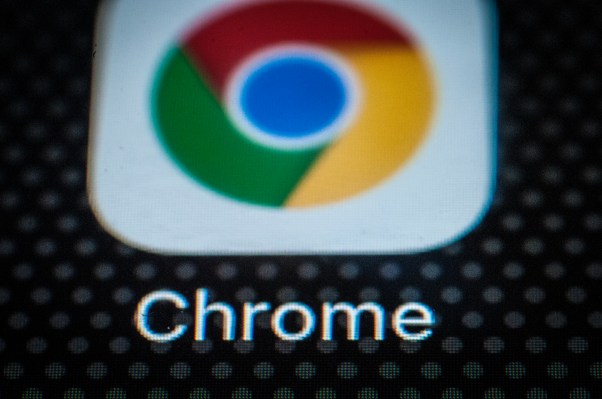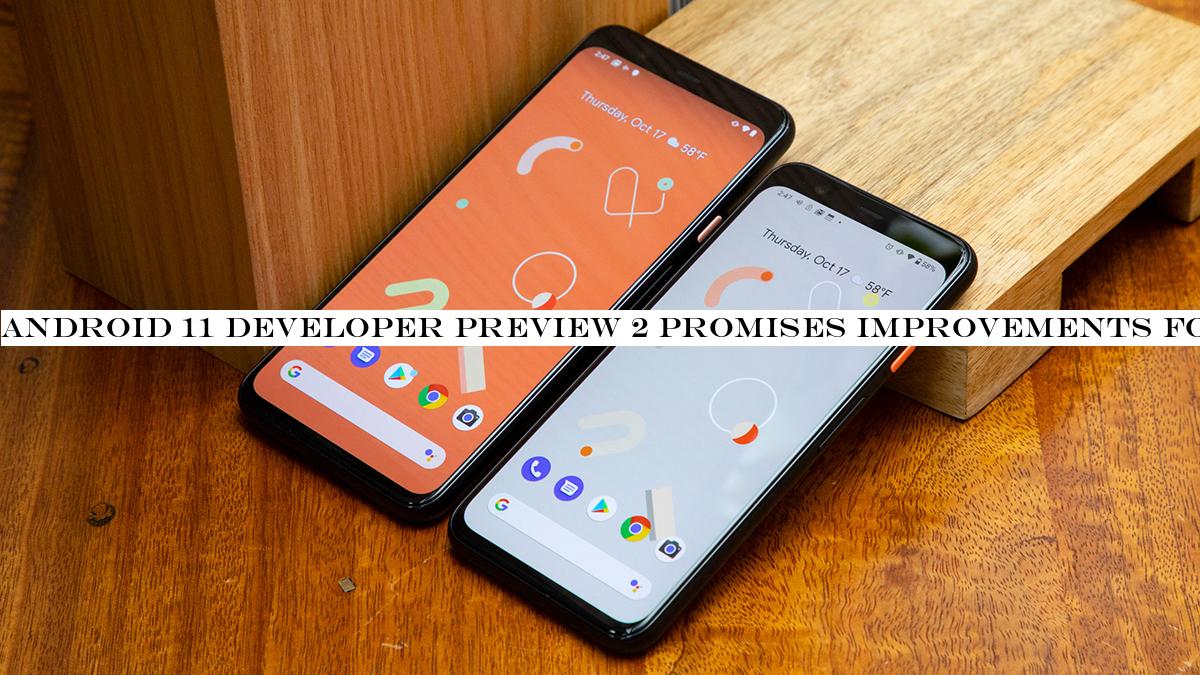As COVID-19 forces much of America to work from home, the United States Congress — whose 535 members have an average age of 60 — is still operating from Capitol Hill.
Why this population (deemed high-risk to the coronavirus) isn&t yet doing legislative business remotely comes down to process, tech and political will.
&The House rules and the Senate rules require voting in person. And it would require a change in those rules to do that,& California Congressman Eric Swalwell told TechCrunch on a call from his Washington, D.C., office.
Swalwell has a plan for Congress to work away from the Hill. He recently reintroduced a resolution with Arkansas Representative Rick Crawford (R-AR) that would allow members to participate virtually in hearings and vote remotely, under special circumstances.
House Speaker Nancy Pelosi appears to have nixed that option, at least for the near-term, reportedly telling her caucus last week, &We are the captains of the ship. We are last to leave.&
A priority for Congress is finalizing emergency COVID-19 legislation to provide trillions of dollars in resources to combat the virus and stem the economic havoc itwreaking across the U.S.
Without a rule-change and clear plan for members to legislate and vote outside from Capitol Hill, passing that legislation requires lawmakers be present on the buildingfloor.

Bill Dickinson/Getty Images
There are mixed messages on who makes the call for Congress to go to a remote-work scenario and what kind of digital contingency would kick in to perform legislative duties at a distance.
In a subsequent scrum to her &last to leave& comments, Pelosi gave an unequivocal &no& to reporters& questions on Congress closing due to COVID-19. But she added, the ultimate call was not hers. &Thata health and security decision up to the Capitol physician [and] Sergeant at Arms,& the Speaker said.
TechCrunch sought input on the matter from the House Office of the Sergeant at Arms. That inquiry referred us to the Chief Administrative Office, which has not yet responded.
Even after the first congressional staffers have tested positive for COVID-19, the majority of Capitol Hillhigh-risk members continue to work on-site and in their office buildings.
Representative SwalwellMOBILE (Members Operating to Be Innovative and Link Everyone) resolution proposes to change that.
Heintroduced the measure every year since 2013, but believes it carries extra weight now due to the COVID-19 pandemic. Swalwell reintroduced it again on March 9.
MOBILE would &mandate the development of a secure remote voting system which members could use to vote remotely on suspension bills, generally non-controversial bills that require a two-thirds vote to pass,& according to a statement on the resolution provided by Swalwelloffice.
&Itbi-partisan, introduced by me and Representative Rick Crawford from Arkansas and we&ve had dozens of members join us in support,& Swalwell told TechCrunch.
&I don&t mean to have this substitute us meeting in person,& the California Democrat said. But Swalwell believes there needs to be tech provisions in Congress, comparable to contingency plans in the private sector, for members to operate virtually outside of Capitol Hill.
Illinois Senator Dick Durbin echoed this on Tuesday, underscoringthe need for virtual committee hearings and the ability to vote away from Congress in times of national emergency.
As millions of Americans shift from physical work spaces to platforms such as Zoom, Slack or Google Hangouts during the COVID-19 crisis, detail is lacking on the software, apps and security for Congress to operate under a measure such as MOBILE.
Therestill little in the way of tech in the voting process on Capitol Hill, where the Senate still makes decisions by recording verbal &Yeas& and &Nays& on a tally sheet.
&I&m not offering myself as the technical expert,& Swalwell said on the implementation of his suggested remote voting and convening resolution.
He explained that the House Administration Committee and House Rules Committee would be the subject matter experts to determine how the Congress would secure voting and meetings remotely.

Photo by Brendan Hoffman/Getty Images
&We have smart members on those committees and capable staffers who could give us a tech solution today…and the solution that we ultimately use down the road,& he said.
While the business of Congress still remains a present and in-person affair, the body is taking cautionary measures to protect staff. This week several members, including representative Swalwell and West Virginia Senator Joe Manchin, instructed employees to work from home.
Theremore capability for congressional staff, compared to members, to work remotely, according to Frederick Hill, a managing director at FTI Consulting — who spent 17 years as a staffer in the U.S. Senate and House of Representatives.
&The technology is in place to support much of the work that goes on in the background at the staff level,& Hill told TechCrunch.
&They have VPN networks, shared drives for off-site work, devices and smartphones to keep them in contact and help draft legislation.& The September 11 attacks and 2001 Anthrax attacks forced a number of these contingencies for congressional staff members.
Hill explained that when it comes to the most official congressional activity, such as voting on the floor, &there really are no provisions [currently] to use technology.&
Part of that has to do with ensuring those elected to represent constituencies are genuinely present to vote.
But similar to so many previously in-person functions that have shifted to apps paired with security measures, such as multi-factor authentication, decision-making on Capitol Hill could also move to remote and digital options.
An extenuating circumstance, such as the COVID-19 pandemic, could be what finally moves Americachief legislating body in the direction of being able to vote remotely.
&It certainly has provoked the conversation,& Swalwell said. &I think it is a needed conversation. I wish it were under different circumstances.&


 11
11












